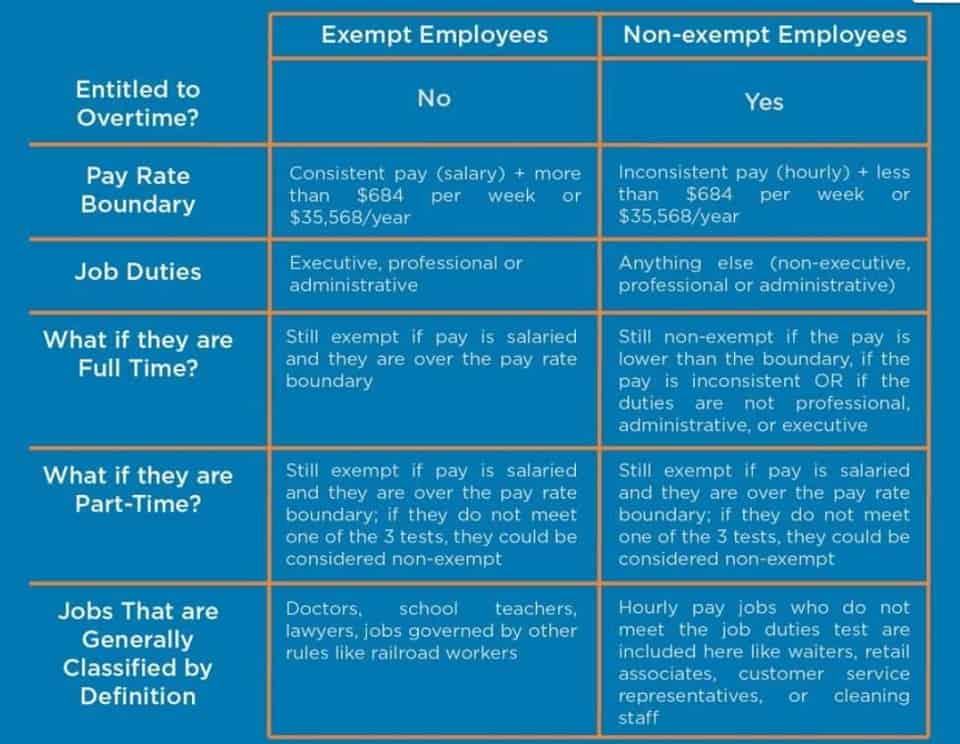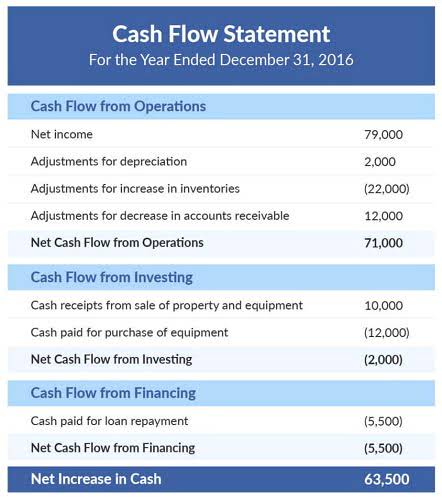
To find net pay, subtract deductions from the employee’s gross wages. Quite the opposite, the net salary is the amount of money an employee receives after it has been gone through the tax deductions and regular cuts. It is the net amount that is deposited in your bank account or your paycheck. Usually, the net amount on the salary receipt is mentioned at the end of the salary receipt in bold or in large fonts so the employees can easily differentiate it from the gross salary. Knowing how to calculate your gross income enables you to know your taxable income. And also modify your capital gains, business returns, Travel Agency Accounting and retirement contributions.
Federal Income Tax Withholdings.

Remember to take into account your dependents, filing status, tax deductions where you qualify, and your tax bracket. Normally, SUTA (State Unemployment Tax Act) taxes are paid by employers, except in the states where employers and their staff are both required to pay the said tax. Payroll taxes refer to the FICA, FUTA, and SUTA what is the difference between net pay and gross pay taxes levied on employees’ wages and salaries to help fund the government’s Social Security, Medicare, and unemployment assistance programs. Add the base pay and additional earnings to find the total gross pay. By being proactive with your salary details, you can make informed decisions about your financial future and enhance your overall financial literacy. Ensure that you also include prorated 13th-month pay in monthly gross computations for better financial clarity.
- The employee determines voluntary deductions based on discretionary income and benefit preferences.
- For example, if your deductions total $15,000, your post-tax income would be $45,000.
- Net pay is your take-home pay—the money you get after taking all deductions from your gross pay.
- The second step in calculating net pay is to account for all necessary deductions.
- Furthermore, If you own your worker’s incentives, commissions, or reimbursements within a given pay period, you will need to add the amount owed to their salary.
- These refer to expenses taken out of an employee’s paycheck before taxes, usually in the form of health insurance premiums and retirement plan contributions.
- To maximize net pay, you can take advantage of pre-tax deductions such as contributions to retirement accounts, health insurance premiums, and flexible spending accounts.
How Many Hours Are in A Month?
- Employers must ensure they correctly calculate gross and net pay to avoid errors, while employees need to be aware of these differences to manage their finances effectively.
- For instance, some may have achieved their Social Security tax halfway through the fiscal year if they earn high wages.
- Your tips total $75 extra dollars per week, which is multiplied by the 52 weeks of the year to get $3,900.
- Let’s take a closer look at the difference between gross and net pay and how these amounts are calculated.
- If you are paid hourly, you must multiply your hourly rate by the total work hours you’ve completed in a pay period.
- Gross pay is also usually referenced on federal and state income tax brackets.
- Have you ever wondered about the differences between gross salary, net salary, and CTC?
Payroll registers show you the total gross wages your business pays during a period. And, they show you how much you withheld for taxes and other deductions. The net pay listed on the payroll register shows you how much you paid employees through direct deposit, check, or cash.
Payroll taxes
The IRS considers HRAs tax-free benefits, also known as tax-advantaged benefits. With most pre-tax benefits, employers deduct the benefit from an employee’s paycheck before withholding federal taxes, reducing their taxable annual income liability. However, since an HRA follows a reimbursement model, employers don’t include allowances in employees’ gross pay to begin with.
- If an employee makes $50,000 per year, then $50,000 is their gross pay.
- That means it’s time to understand the numbers that go into an employee’s paycheck, including the difference between gross pay vs, net pay.
- An individual’s choice of health insurance plan will depend on various factors, including health needs, budget, and preferences.
- Income taxes refer to employees’ federal, state, and local income taxes.
- To figure out your gross income for a salary position, you just need a recent pay stub and a simple math equation.

This includes taxes, benefits, wage additions, and any other payroll extracts. Additionally, your employer can include voluntary deductions from your gross pay for other reasons. However, the procedure could differ a little based on whether you are a salaried employee or an hourly employee. Understanding this relationship will help you make proper decisions and plans. In any case, focusing on net pay rather than gross pay is recommended. This helps you to be more realistic when calculating your capacity to make payments or save money.
Understanding the distinction between gross and net pay is fundamental for managing personal finances and effective budgeting. This knowledge allows individuals to accurately assess their take-home earnings and plan expenditures accordingly. Clarifying these terms and their various components helps in comprehending how earnings are https://cambazar.com/is-negative-retained-earnings-bad-for-a-company/ calculated and what amounts are actually available for use. This understanding is a practical step toward financial literacy and informed decision-making regarding income.


This not only helps in maintaining compliance but also contributes to overall employee satisfaction and operational efficiency. To maximize net pay, you can take advantage of pre-tax deductions such as contributions to retirement accounts, health insurance premiums, and flexible spending accounts. These deductions reduce your taxable income, lowering the taxes you need to pay and increasing your net pay.
